Europe Day 2017: My #EU60 story, Juan Menéndez-Valdés
Europe Day 2017: Eurofound staff explains what Europe means to them to commemorate the 60th Anniversary of the Treaty of Rome #EU60

Europe Day 2017: Eurofound staff explains what Europe means to them to commemorate the 60th Anniversary of the Treaty of Rome #EU60

The background note for the joint Eurofound and Organisation for Economic Co-operation and Development (OECD) high-level conference on social mobility and equal opportunities in Paris, France on Thursday, 4 May 2017, is published.
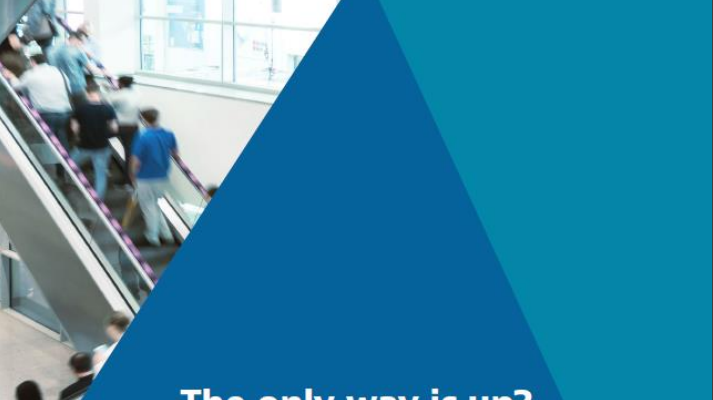
In this blog piece, originally posted on Social Europe, Eurofound Research Manager Anna Ludwinek looks at new research that shows that younger Europeans are likely to have fewer opportunities for upward social mobility than preceding generations.

Younger Europeans are likely to have fewer opportunities for upward social mobility than preceding generations. Social mobility in Europe seems to have stagnated - at least in some countries - with opportunities for upward social mobility only increasing in a minority of EU countries for all age groups; in some Member States there is even evidence of decline in social mobility
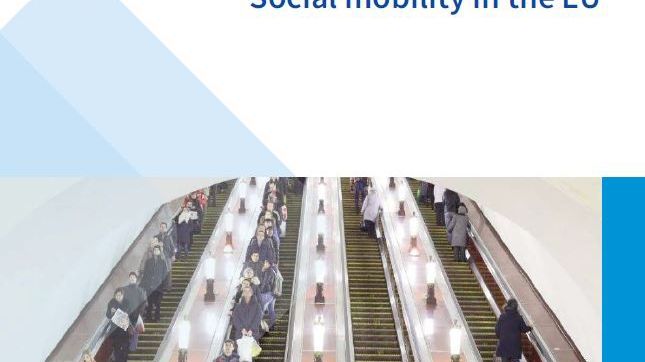
The chart above, based on data from the third EQLS, shows the percentage of people who strongly agreed with the statement ‘I am optimistic about the future’ in 2012.
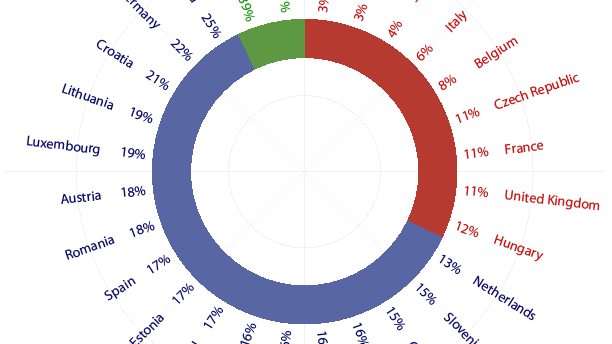
The annual meeting of Eurofound’s correspondents – in the fourth and final year of the current contract – will take place in Dublin on 27–28 March. Guest speaker Raymond Maes, Deputy Head of Unit at the European Commission’s DG Employment, will outline the EU priorities for the coming period.
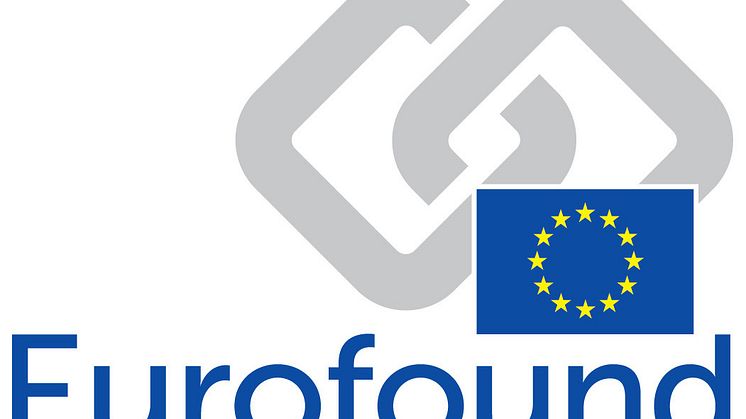
Eurofound is in the process of drawing up a list of academic experts to cover the research areas of its 2017–2020 programme. Experts may be asked to advise on planned research approaches and methodologies or to carry out peer reviews.
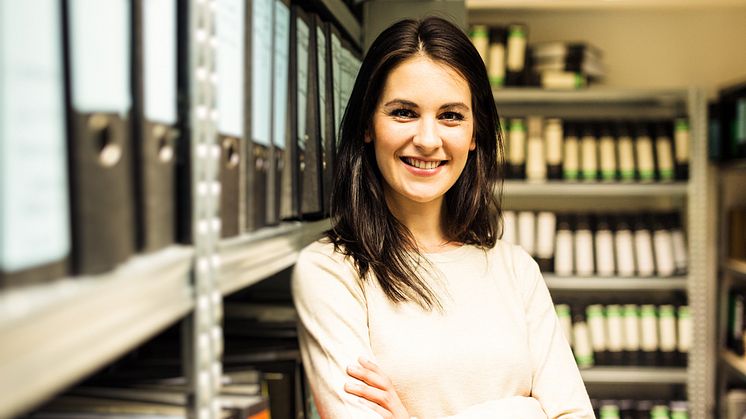
Developments in the field of employment and social affairs announced in the European Commission’s work programme for 2017 include initiatives to address the challenges of work–life balance faced by working families, a European Pillar of Social Rights aimed at fostering a fair playing field in the European social market economy, and a White Paper on the Future of Europe.

Eurofound hosted a delegation from the European Parliament’s Committee on Employment and Social Affairs in Dublin on 20–21 February. The delegation included Jean Lambert MEP (Greens/EFA), Joëlle Mélin MEP (ENF), Laura Agea MEP (EFDD), Javi López MEP (S&D), and Lynn Boylan MEP (GUE/ NGL).
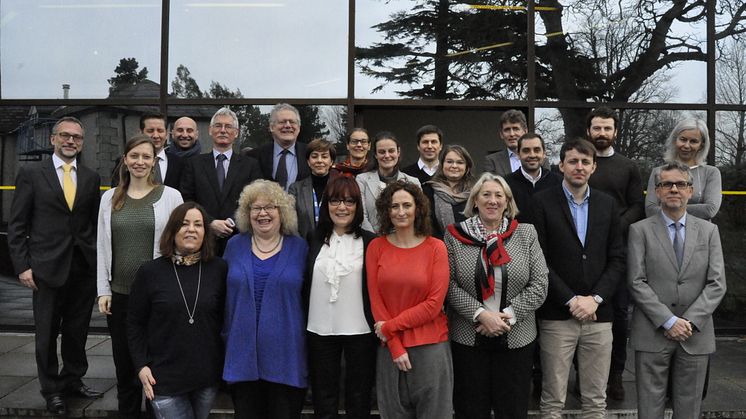
On the occasion of International Women's Day, Eurofound Senior Research Manager Massimiliano Mascherini looks at the impact of the gender employment gap on Europe.

8 March is International Women’s Day. The day marks the wide-scale progress made towards achieving gender equality and combating gender-based injustice, but also serves as an important impetus to ensure the spotlight remains on continued work towards realising these goals across the globe.
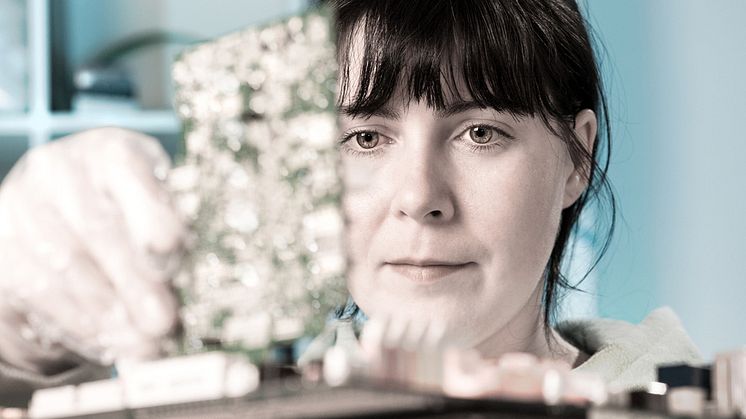
The expanding use of digital technologies such as smartphones, tablets, laptops and desktop computers for work for home and elsewhere is rapidly transforming the traditional model of work. It can improve work-life balance, reduce commuting time, and boost productivity, but it can also potentially result in longer working hours, higher work intensity and work-home interference.

Eurofound has launched its new work programme for 2017 to 2020. This document sets out the activities the Agency plans to undertake in the next four years to support European decision-makers in formulating effective policies for the improvement of quality of life and work in a fair and competitive Europe during this challenging period.
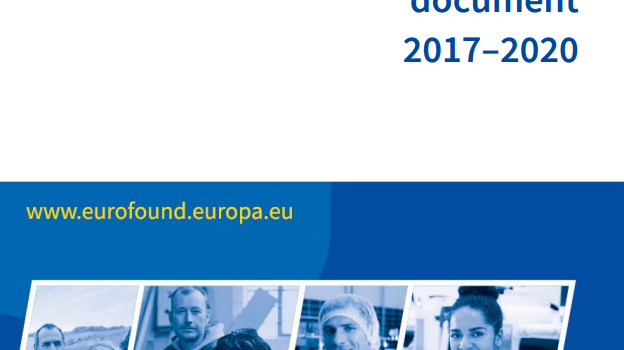
Making work sustainable is not simply a challenge for politicians and policymakers in the European Union: it is a fundamental issue that underpins the future of the world of work in Europe. It goes beyond the mantra of raising employment rates and deals with productivity and innovation – and the everyday lives of workers throughout the EU.

And even in the confused and contentious context of the new US President-elect as well as the EU’s post- Brexit deliberations, it is hard to argue otherwise.
But, while having a job in the first place is clearly of paramount importance to people - and society at large – there is also a more sophisticated issue at play with wider ramifications for the world of work and life today: the quality of
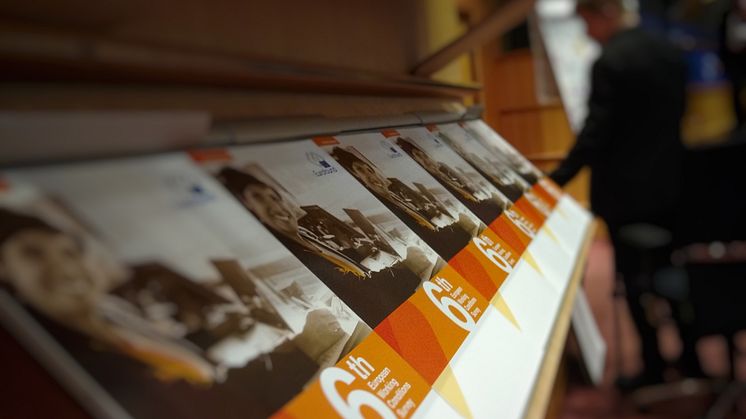
Come see how EU Agencies work and what they deliver to the EU at the EU Agencies Forum in the European Parliament on 6 – 7 December 2016
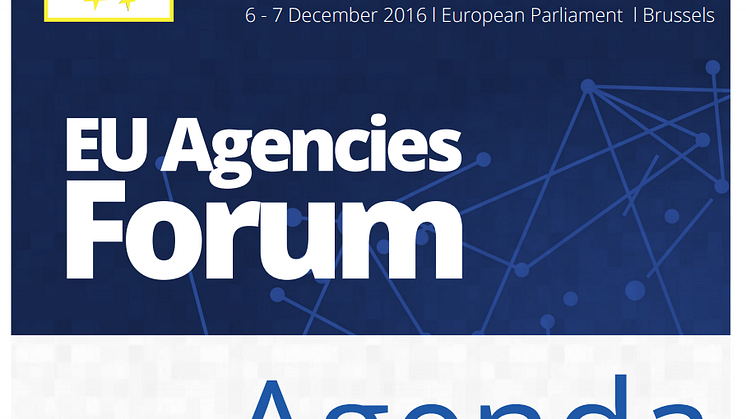
The overview report of the pan-European sixth European Working Conditions Survey #6EWCS is launched today 17 November 2016

In the following blog piece, Eurofound researchers Massimiliano Mascherini and Martina Bisello look in-depth at The Gender Employment Gap: Challenges and solutions report, and the collective responsibility to ensure that everyone in Europe has the freedom to participate in the labour market.

Eurofound launches the overview report of its 6th European Working Conditions Survey (6th EWCS) at a joint event with the European Parliament in Brussels, Belgium, on 17 November 2016. Join the debate on Twitter at #6EWCS

In the following blog piece Eurofound Director Juan Menéndez-Valdés looks at the issue of the gender employment gap in Europe, and how the difference in labour market participation between women and men has far-reaching implications.
